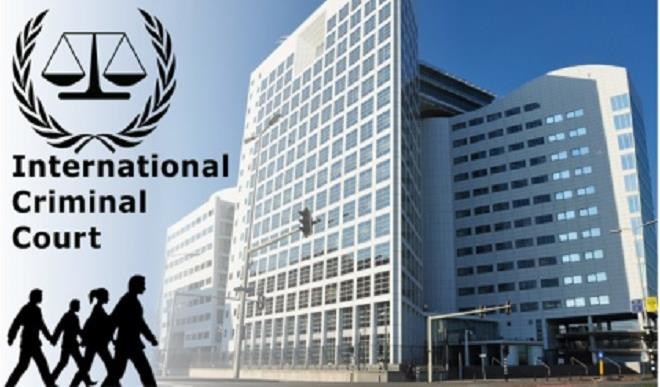International Criminal Court presents steps to justice
The International Criminal Court (ICC) has explained details of how victims of violations can access justice around the world through its Access to Justice (A2J) project. In a statement posted through the World Justice Project (WJP) last week, ICC listed the steps to include: knowledge about justice, physical access and legal access. ICC said it […]

The International Criminal Court (ICC) has explained details of how victims of violations can access justice around the world through its Access to Justice (A2J) project.
In a statement posted through the World Justice Project (WJP) last week, ICC listed the steps to include: knowledge about justice, physical access and legal access.
ICC said it is a court of last resort, and may only step in when a country can’t or won’t provide justice to its people.
On knowledge, the ICC explained that it prioritizes getting information and knowledge to the people so that they can be empowered to take part in the justice process and help others to do so, adding that countries have the first responsibility to address crimes.
“Access to justice starts with knowledge. Knowledge of your rights. Of the justice system, both at home and internationally. Of how to make your voice heard,” it said.
On physical access, ICC said once individuals know their rights, they can take the first steps on the journey to justice, which can be possible when the courtroom is closer to the individual.
“Ultimately, access to justice means legal access. Legal representation in the Courtroom. Fair trials in which all those in the Courtroom contribute to the justice process. Having your voice be heard through your lawyer. As a Court of last resort, the ICC can offer recourse to justice when there is no other means,” the ICC said.
